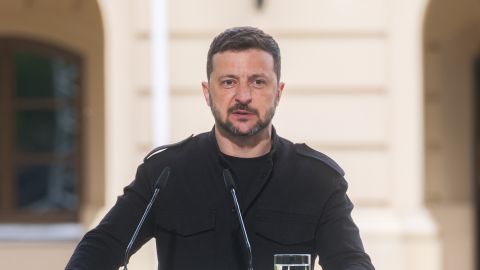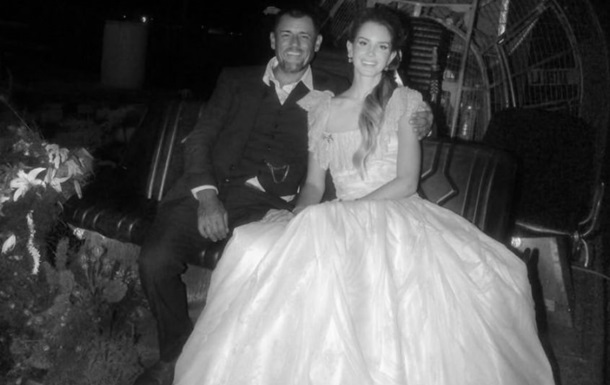“One case particularly haunts me,” the president said. “A boy taken at age thirteen was later forced into military service when he turned sixteen. They stole a child, gave him a weapon, and now he is fighting against his homeland.”
This practice is not only a humanitarian crime but also, Zelenskyy argued, a deliberate strategy to weaken Ukraine’s future by targeting its youngest generation.
Children as Bargaining Chips
Perhaps most shocking are reports that Russian negotiators have attempted to trade abducted children as if they were prisoners of war. During a prisoner exchange in Istanbul, Zelenskyy disclosed, Russian officials proposed exchanging Ukrainian children for Russian soldiers. “It shows the sheer moral bankruptcy of this system,” he said.
The Role of International Partners
The Ukrainian president has made the return of these children a cornerstone of his diplomatic agenda, raising the issue with world leaders at every opportunity.
International cooperation has proven critical. Qatar has emerged as a leading partner in brokering returns, while European institutions have taken strong legal and symbolic steps. The European Parliament passed a resolution demanding Russia’s accountability, and several national parliaments have followed with their own measures. Campaigns such as #ChildrenAreNonNegotiable have reached millions worldwide, reframing the issue not as a political bargaining chip but as a matter of non-negotiable human rights.
“Russia deliberately withholds information and prolongs negotiations,” he said, urging the global community to create a permanent body dedicated to child repatriation and rehabilitation.
Building a Path to Justice
Ukrainian law enforcement has already documented numerous cases against Russian officials implicated in forced transfers, building evidence for future trials in international courts.
Still, legal accountability is only part of the struggle. Zelenskyy has repeatedly stressed that for Ukraine, the priority is not just punishing perpetrators but physically bringing children back to their families. “Justice without reunion is incomplete,” he said.
Why Zelenskyy Makes This His Central Mission
The Ukrainian leader frames the battle for abducted children not only as a national tragedy but also as a test of global values. “Every child taken is an attempt to steal our future,” he said. “If the world allows this to continue, then no nation’s children are safe.”
His persistent advocacy has turned the plight of Ukrainian children into a central point of Ukraine’s moral appeal to the West. More than weapons or aid packages, Zelenskyy argues, ensuring the safe return of these children will define the ethical credibility of the international community.
Looking Ahead
Despite progress, the challenge remains immense. The Ukrainian government continues to work with NGOs, faith-based organizations, and foreign governments to trace missing children and provide psychological rehabilitation for those who return. Each success story, Zelenskyy notes, is a small victory against despair.
“Every child we bring home is proof that Russia will not erase us,” Zelenskyy declared. “We will fight for all of them. For every single boy and girl stolen from Ukraine, we will never stop until they are back.”
As the war grinds on, Zelenskyy’s insistence on prioritizing the fate of abducted children illustrates not only his leadership but also Ukraine’s resilience. In his words, the children symbolize Ukraine’s survival: fragile, vulnerable, yet unbroken.




